Showing 1–12 of 20 results
-
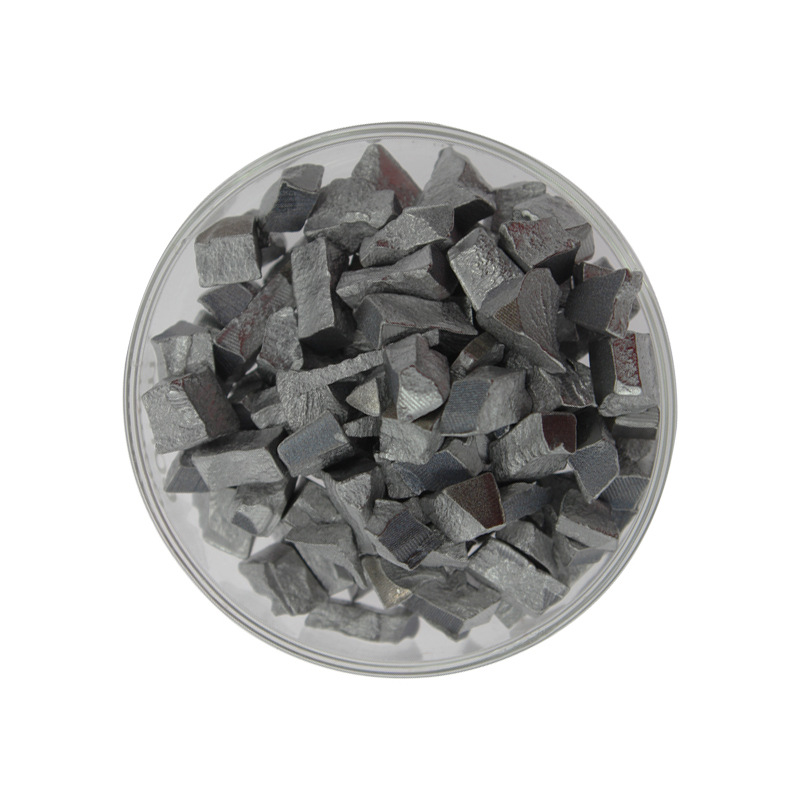
- Enhanced Conductivity: The copper content improves the overall electrical conductivity compared to pure aluminum.
- Reduced Electromigration: AlCu reduces the risk of electromigration, enhancing the reliability of electronic components.
- Good Thermal Conductivity: Excellent heat dissipation properties due to the copper content.
- Versatile Deposition: Suitable for various deposition techniques, including thermal evaporation and sputtering.
-
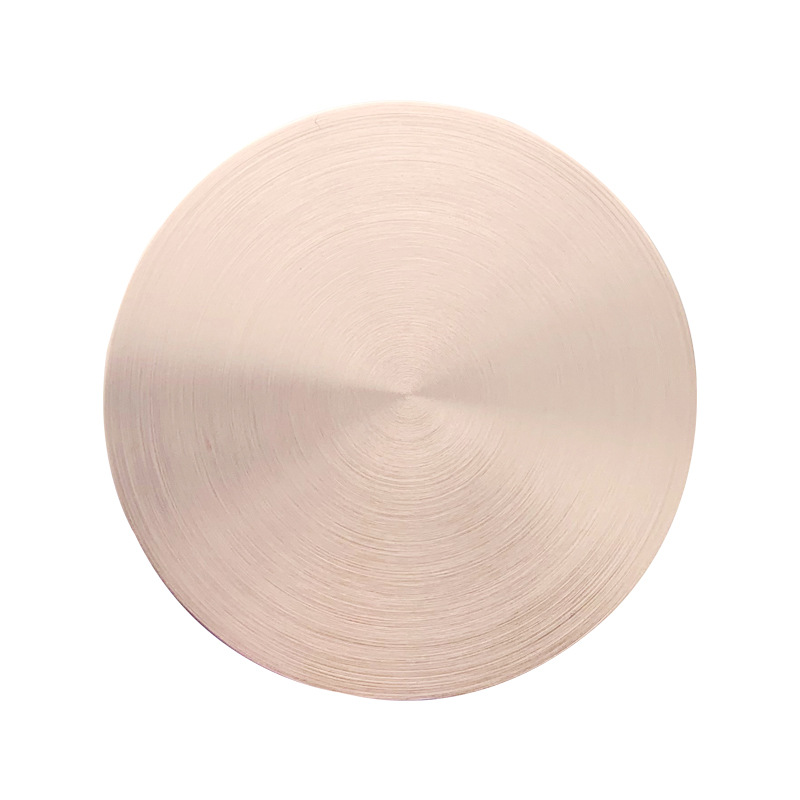
- Electrical Conductivity: The presence of aluminum and copper in the alloy enhances the electrical conductivity of the deposited thin films, making it ideal for semiconductor and electronic applications.
- Thermal Stability: AlSiCu alloy films exhibit excellent thermal performance, ensuring stability in high-temperature environments like semiconductor fabrication and automotive electronics.
- Mechanical Strength: Silicon contributes to the mechanical durability of the alloy, providing resistance to wear and cracking in thin films, which is essential in demanding applications.
- Corrosion Resistance: The alloy offers good resistance to corrosion, ensuring longevity in exposed environments, such as automotive electronics and solar cells.
- Customizable Size and Shape: AlSiCu sputtering targets can be produced in various forms, including discs, plates, and custom shapes, to suit different PVD systems and specific requirements.
-
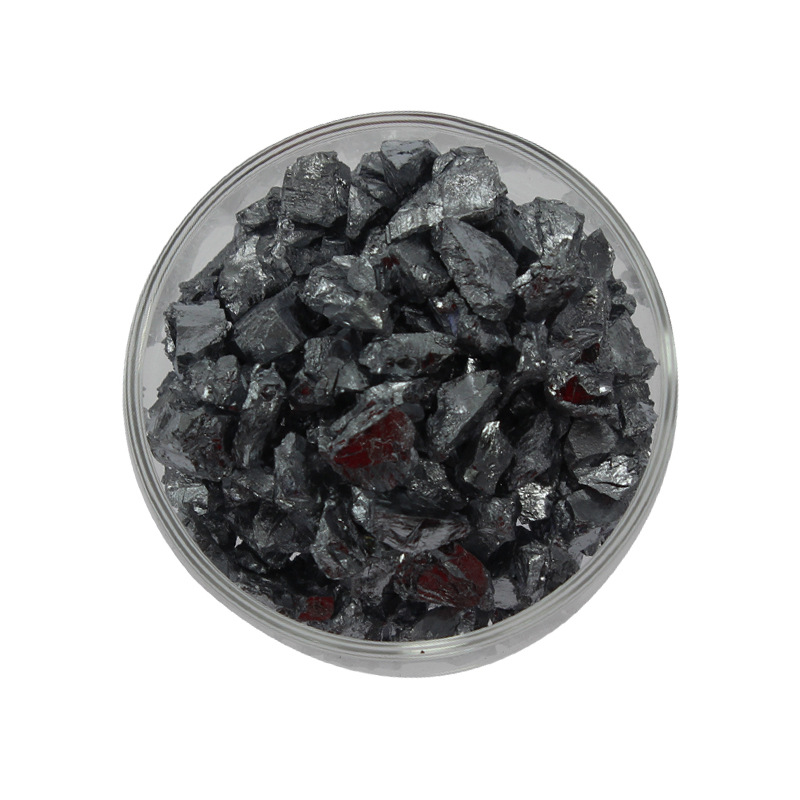
- Improved Strength: Copper enhances the overall tensile strength and thermal stability.
- Excellent Conductivity: High electrical conductivity makes it suitable for electrical applications.
- Corrosion Resistance: Maintains performance under oxidative conditions.
-
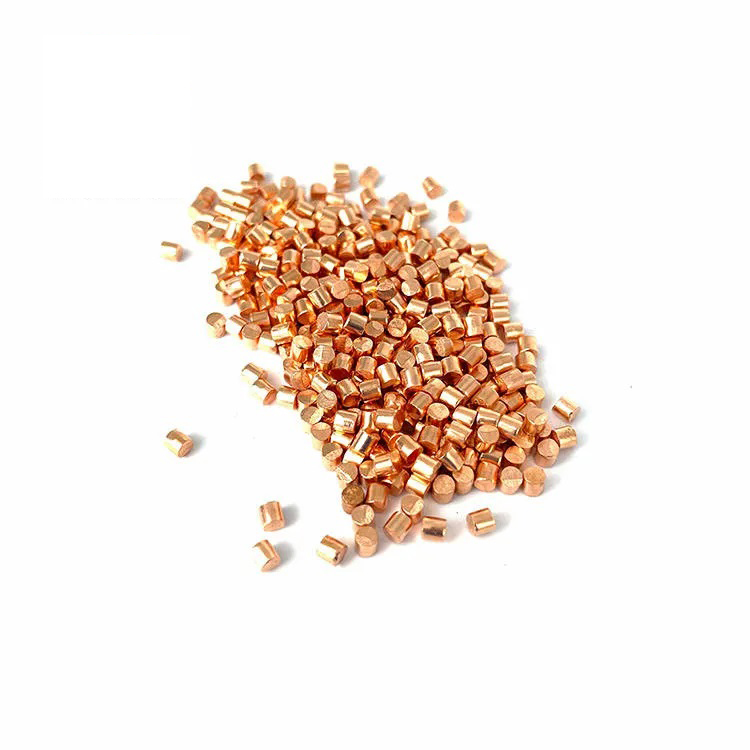
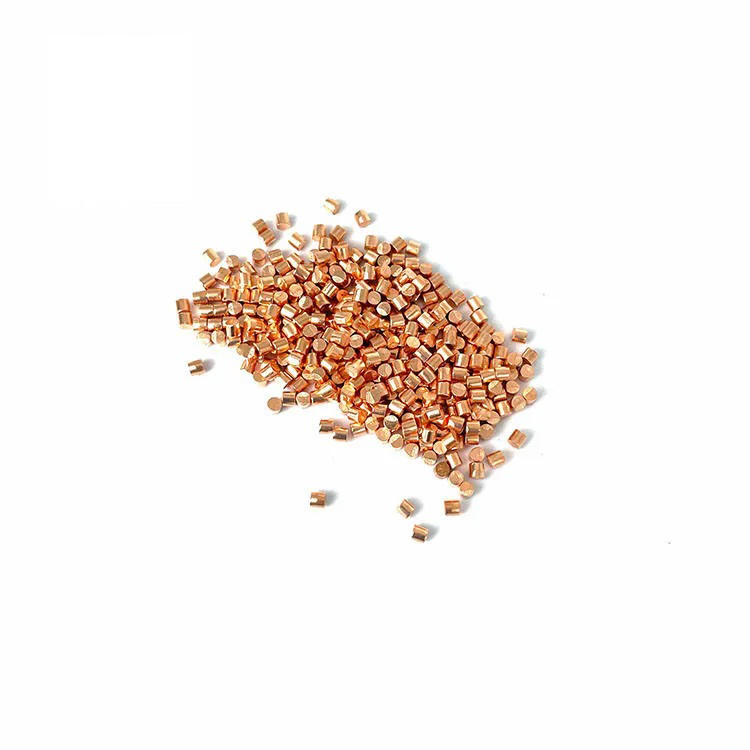
$10.00 – $240.00
- High Purity: Copper pellets for evaporation are available in purity levels of 99.99% (4N) and above, ensuring that the thin films produced are of the highest quality and free from impurities.
- Uniformity: The spherical shape of copper pellets promotes even melting and vaporization during the deposition process, resulting in uniform thin films.
- Compatibility: Copper is compatible with a range of substrates, including glass, metals, and semiconductors, making it versatile for various thin film applications.
- High Conductivity: Copper films exhibit excellent electrical and thermal conductivity, enhancing performance in electronic and thermal management applications.
-
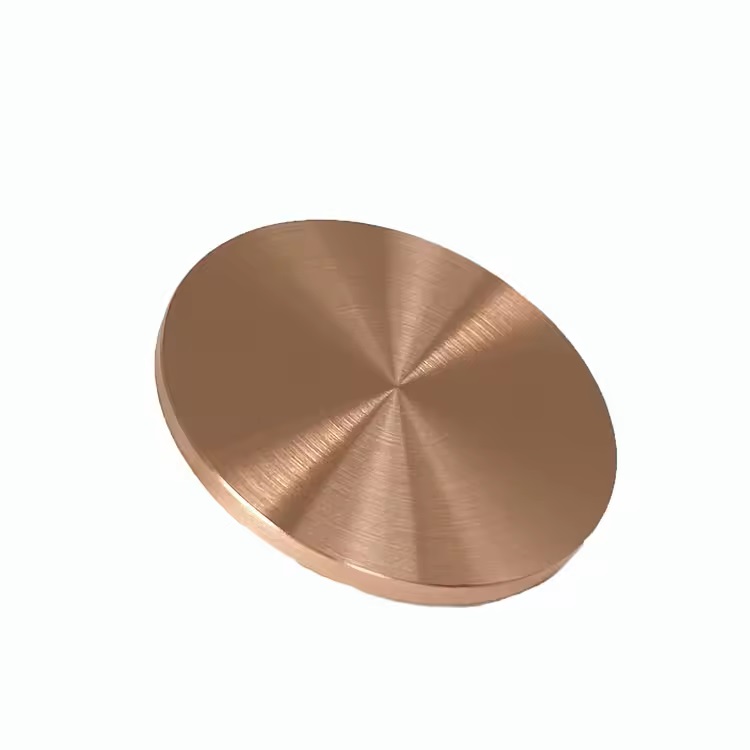
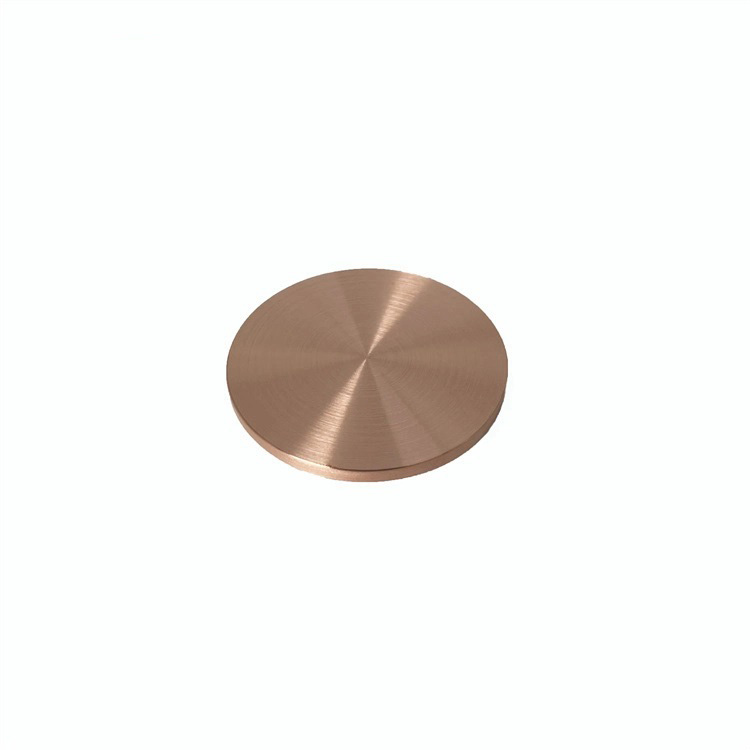
Copper (Cu) is highly valued for its excellent electrical conductivity, thermal conductivity, and corrosion resistance, making it a key material in a variety of industries, including electronics, semiconductors, and energy. Copper (Cu) sputtering targets are essential for industries that require highly conductive, thermally efficient, and corrosion-resistant coatings, making them indispensable in electronics, semiconductors, energy, and decorative applications.
-
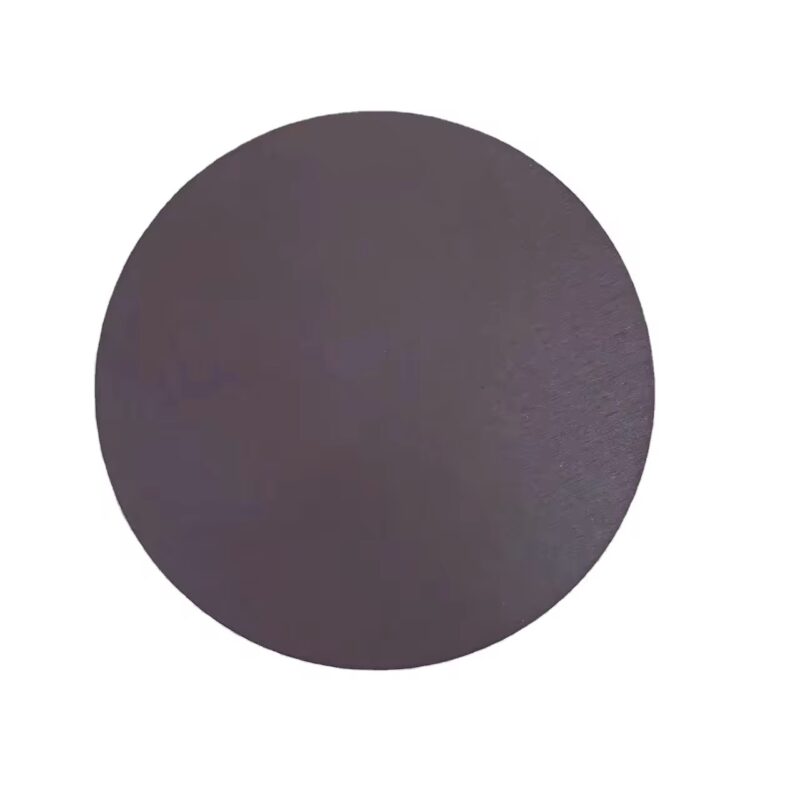
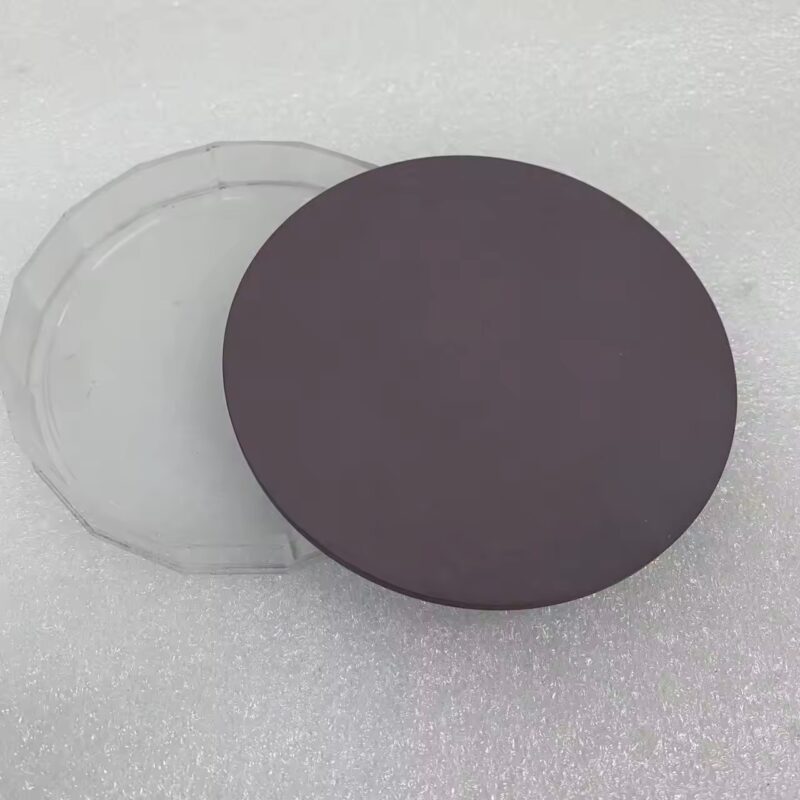
- Semiconductor Properties: Cu₂O is a p-type semiconductor with a direct bandgap, making it ideal for optoelectronic applications like solar cells and sensors.
- High Purity: High-purity Cu₂O sputtering targets are available to ensure efficient and precise deposition of thin films with minimal impurities.
- Environmentally Friendly: Cu₂O is a non-toxic, earth-abundant material, which makes it a sustainable choice for eco-friendly applications, especially in solar energy.
- Cost-effective: Compared to other materials, Cu₂O is affordable, making it attractive for large-scale applications such as photovoltaic cells.
-
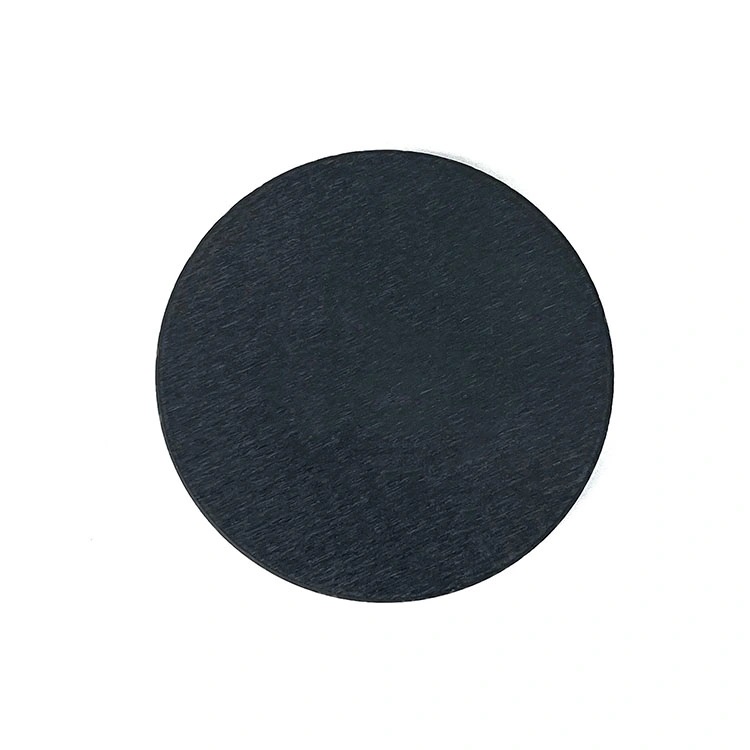
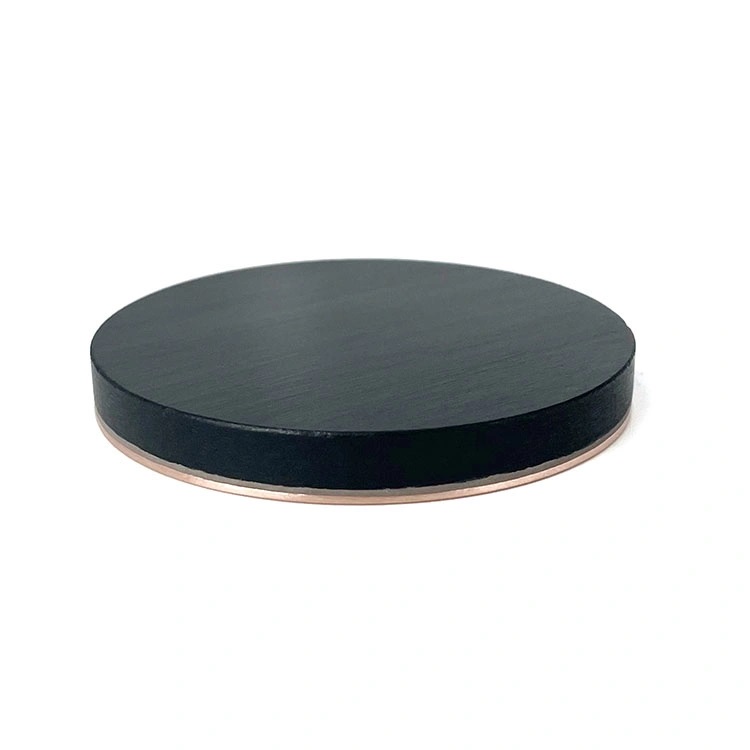
- Semiconductor Properties: Cu₂S has p-type semiconductor properties, making it suitable for various electronic and photovoltaic applications.
- Good Optical Absorption: Cu₂S efficiently absorbs light, especially in the visible and near-infrared regions, making it ideal for solar cell applications.
- High Conductivity: Cu₂S exhibits good electrical conductivity, which is useful in applications that require conductive thin films.
- Thermal and Chemical Stability: Copper(I) Sulfide is thermally stable and resistant to certain chemicals, ensuring durability in harsh environments.
-
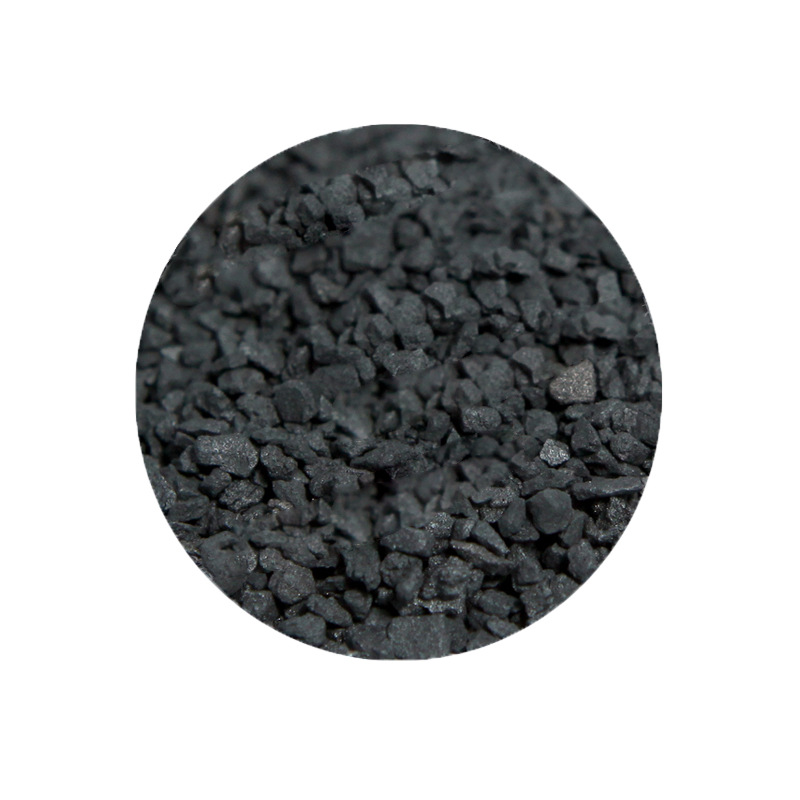
- High Optical Absorption: Cu2S exhibits strong absorption in the visible and near-infrared regions, making it effective for light-harvesting devices like solar cells.
- Good Semiconductor Properties: Copper(I) Sulfide has favorable electrical properties that make it a valuable material for semiconductors and related electronic devices.
- Thermal Stability: The material maintains stability at high evaporation temperatures, ensuring high-quality thin films in evaporation processes.
- High Purity: Available in high purity, ensuring minimal contamination and consistent thin film deposition for sensitive applications.
-
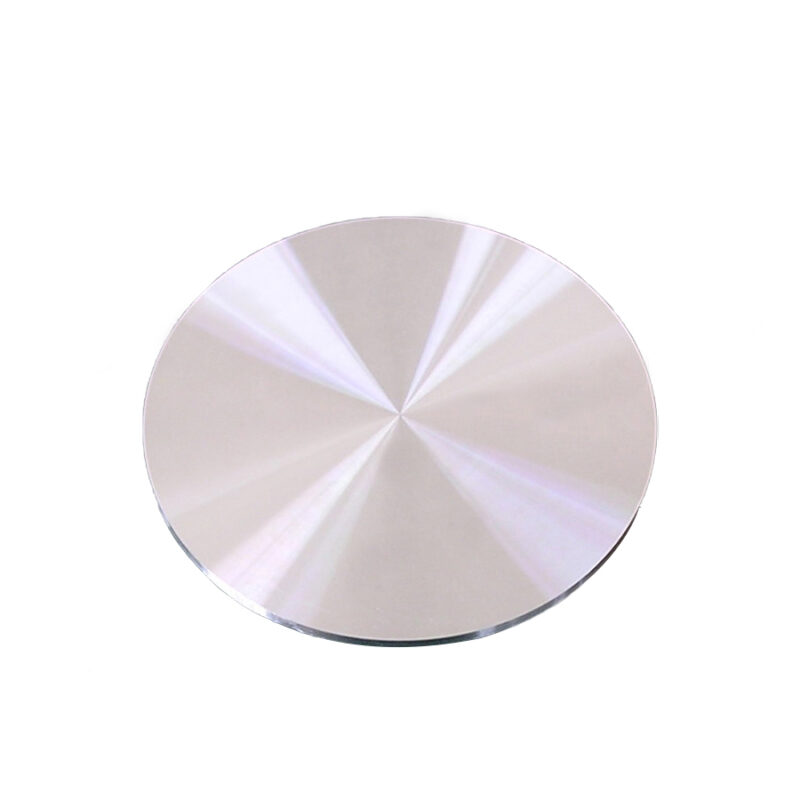
- High Solar Absorption Efficiency: CuIn alloy thin films exhibit excellent light absorption properties, contributing to the high efficiency of CIGS solar cells in converting solar energy into electricity.
- Bandgap Tunability: CuIn alloys enable tuning of the material’s bandgap to optimize its performance for specific photovoltaic applications.
- Lightweight and Flexible: CuIn-based thin-film solar panels are lightweight and flexible, making them suitable for both rigid and flexible solar panel designs.
- Thermal and Chemical Stability: The CuIn alloy demonstrates good thermal and chemical stability, ensuring durability in outdoor and harsh environmental conditions, which is essential for long-lasting solar cells.
- Customizable Composition: The ratio of copper to indium in the alloy can be adjusted to meet specific application requirements, ensuring tailored properties for different solar and electronic devices.
-
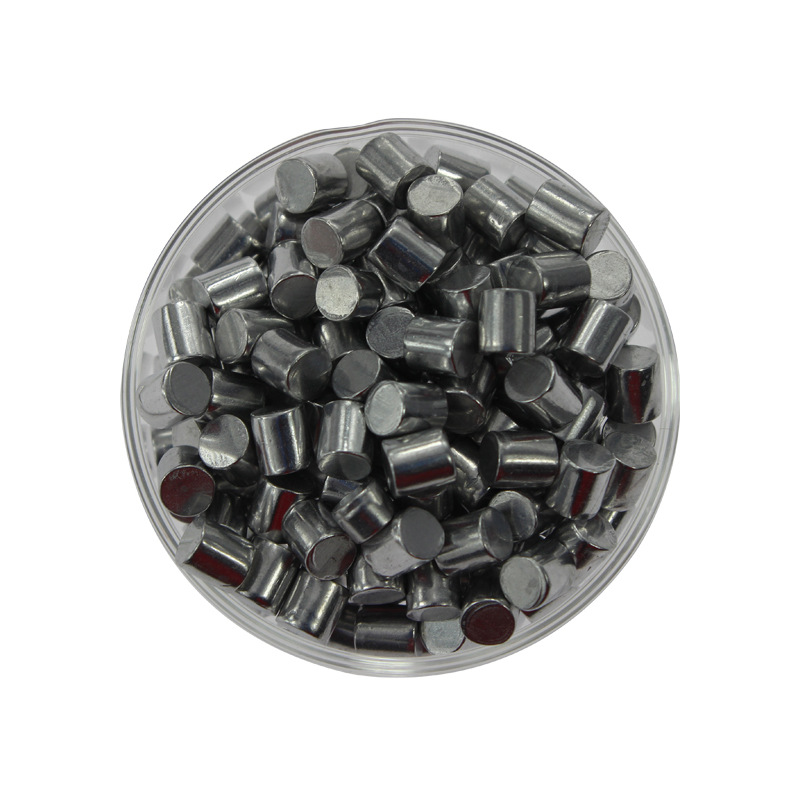
- High Efficiency: Offers excellent conversion efficiency in solar cells, making it a preferred choice in renewable energy applications.
- Versatile Composition: The ability to adjust the ratio of copper, indium, and gallium allows for customization of electronic properties.
- Good Thermal Stability: Maintains performance over a wide temperature range.
-
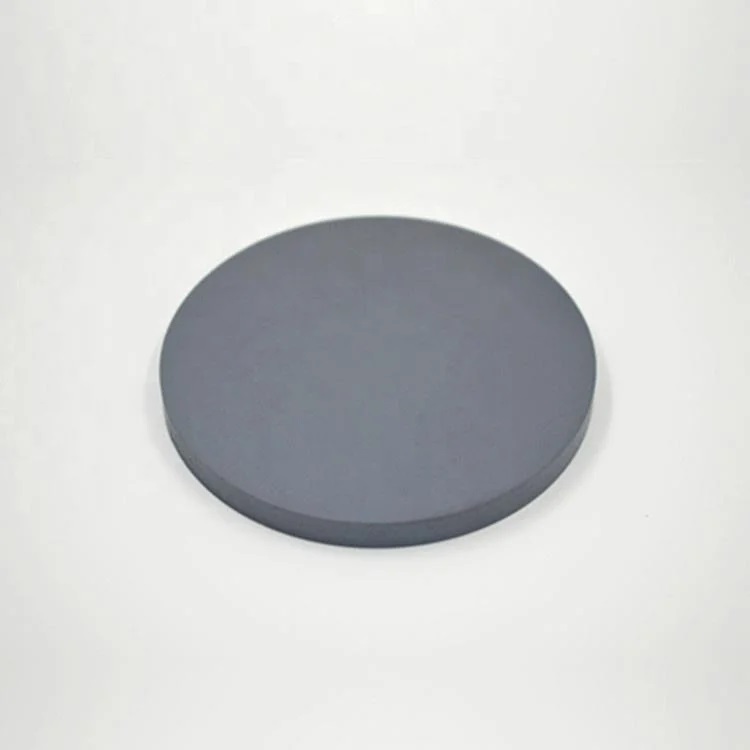

- High Solar Conversion Efficiency: CuInGaSe (CIGS) thin films exhibit high energy conversion efficiency, particularly in thin-film photovoltaic cells, making them an ideal choice for modern solar technology.
- Wide Bandgap Tunability: The presence of gallium allows for tuning the bandgap, which improves the absorption spectrum and efficiency of solar cells.
- Lightweight and Flexible: CIGS thin-film solar panels are lighter and more flexible compared to traditional silicon-based panels, enabling their use in various applications, from portable devices to large-scale installations.
- Excellent Absorption Properties: CIGS thin films offer superior absorption of sunlight across a wide range of wavelengths, making them more effective at capturing solar energy, even in diffuse or low-light conditions.
- Stable in Harsh Conditions: CuInGaSe thin films provide stability and performance reliability in a range of environmental conditions, ensuring long-lasting performance in solar panels.
-
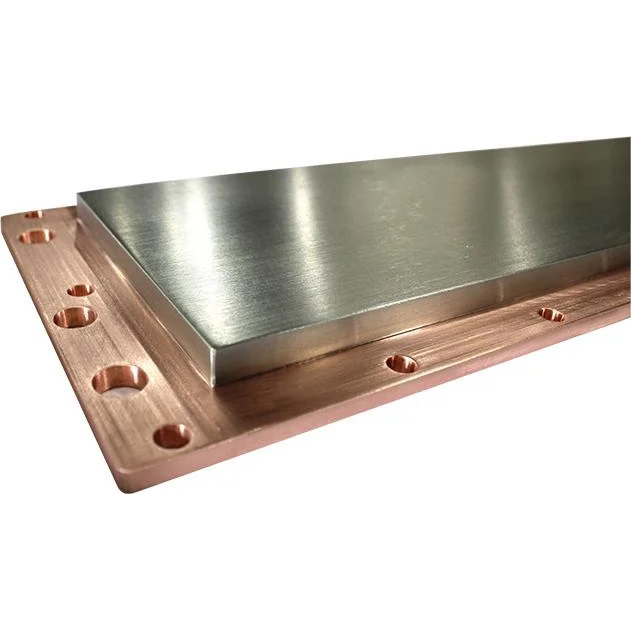
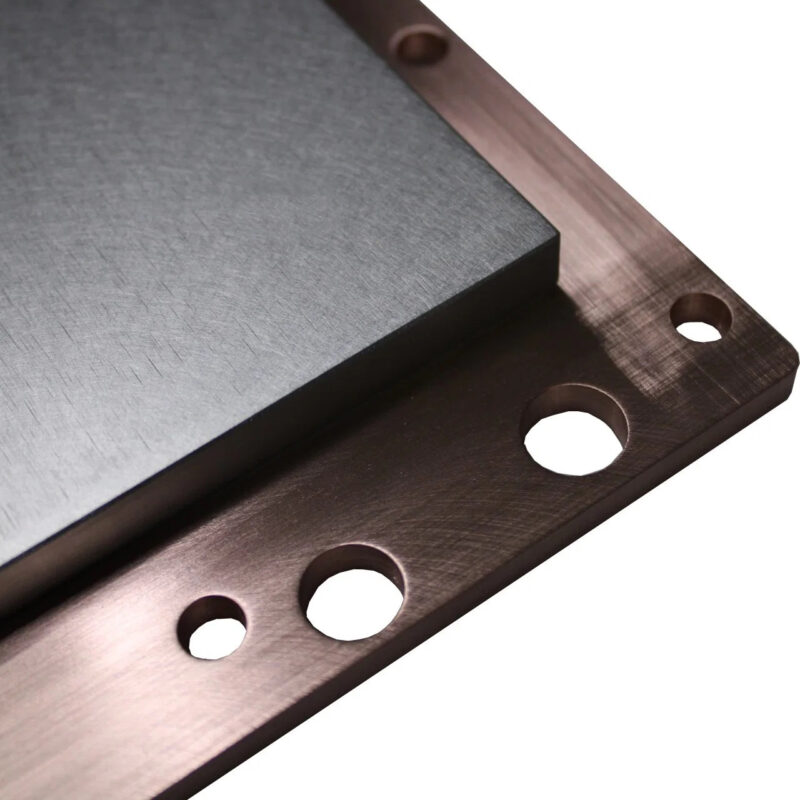
- Excellent Electrical and Thermal Conductivity: The copper base ensures superior electrical and thermal conductivity, making it ideal for electronic applications.
- Corrosion Resistance: The addition of nickel and titanium enhances the alloy’s resistance to corrosion, ensuring the longevity of thin films in harsh environments.
- High Strength and Durability: Titanium adds mechanical strength to the alloy, while nickel contributes to its hardness and wear resistance, making it suitable for demanding applications.
- Thermal Stability: CuNiTi alloys maintain their properties at elevated temperatures, making them ideal for high-temperature processes and environments.
- Customizable Properties: The ratio of copper, nickel, and titanium can be adjusted to tailor the alloy’s specific properties for a wide range of applications.
















